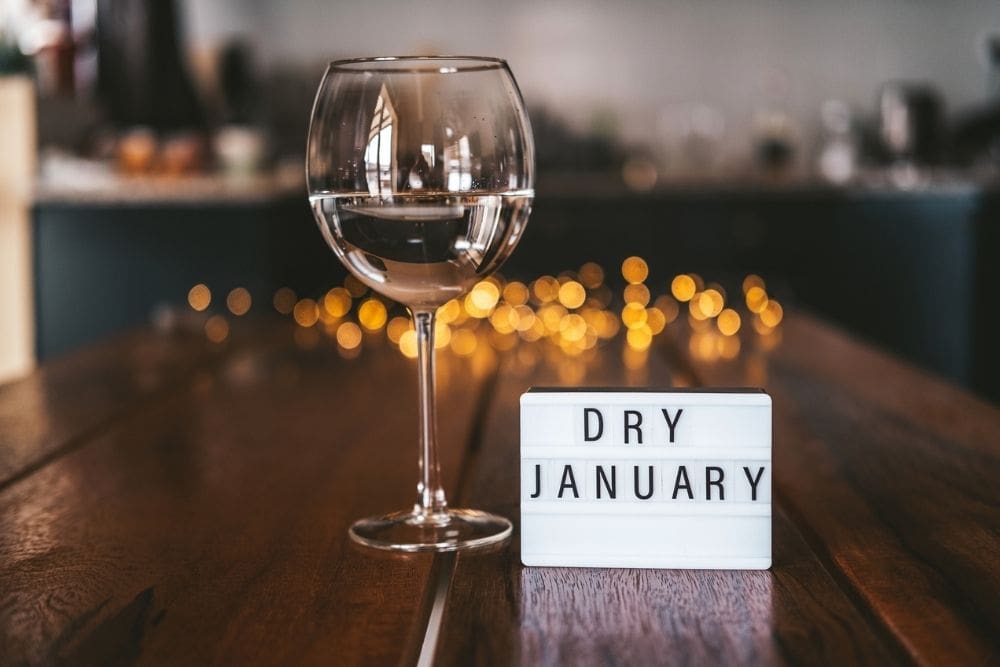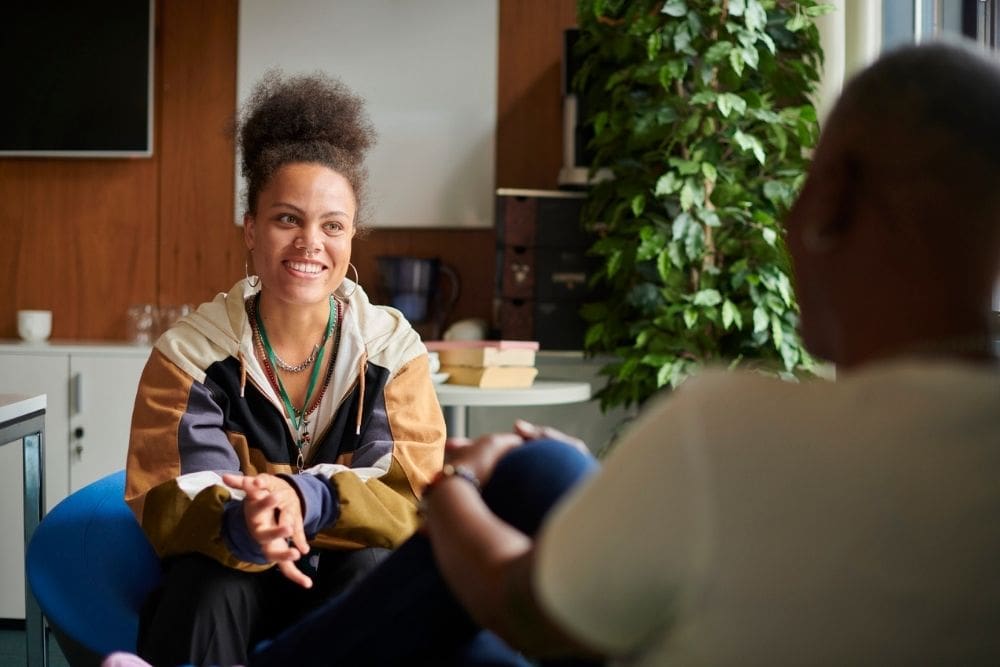St. Gregory Recovery Center can’t stress enough the importance of life skills. Developing them is crucial for all those who are fighting substance use disorder (SUD), whether with recovery meetings, residential treatment, outpatient treatment, or cognitive behavioral therapy (CBT).
The World Health Organization defines life skills as any of the abilities needed to adapt to life and maintain positivity while successfully managing daily demands, setbacks, and obstacles.
Generally, life skills are all of the tricks, hacks, go-to responses, and protocols that help us achieve good mental health and competency throughout life. Check out the following crucial skills that make life bearable, manageable, and enjoyable:
- Problem-solving and critical thinking
- Effective communication and interpersonal relationship skills
- Self-awareness and decision-making skills
- Creative and out-of-the-box thinking
- The ability to cope with stress and uncomfortable or painful emotions without turning to drugs, alcohol, or other harmful behaviors
- Exercising empathy, compassion, and kindness with others and ourselves
When these skills are present in an individual—no matter their age or race—they’re less likely to experience violent behavior or suffer from a negative self-image. People with advanced life skills are also less prone to adopting anti-social and self-destructive tendencies and can more easily avoid impulsivity and risky sexual and substance-use behaviors.
Developing Life Skills For Recovery with Cognitive Behavioral Therapy (CBT)
It’s easier to understand how paramount life skills are when we see how they apply to CBT. The therapy bases itself on the idea that all of our behaviors are learned and solidified through cognitive processes in the brain. This includes behaviors that stem from how we view ourselves, what we believe about the world and the people in it, and what we think we’re capable and deserving of.
In the simplest terms: people form their behaviors around their beliefs. So, CBT works to change our thought processes, making them healthier, more sustainable, more adaptable to change, and less destructive. In other words, CBT helps people develop life skills.
Therefore, CBT is all about change: changing thoughts, changing patterns, changing beliefs, and changing behaviors that can dictate, destroy, and change our lives. This is where another layer of theory comes into play: the transtheoretical model of change (TMC).
TMC highlights nine different strategies for coping with change and hardship. TMC processes naturally lend themselves to CBT, in that they facilitate healthy and needed changes. In the chart below you can see each TMC process and how the life skills mentioned earlier allow them to play out. Keep in mind that each process can rely heavily on certain skills but requires all of them.
| TMC Process | What It Does | The Necessary Life Skills |
| Social Liberation | Builds awareness around what changes society sees as available or acceptable | Critical and creative thinking |
| Helping Relationships | Encourages and supports changes and developments in relationships | Interpersonal, empathy, relationship, and communication skills |
| Self-Reevaluation | Allows you to evaluate who you were, who you are, and who you want to be | Coping and self-awareness skills |
| Consciousness-Raising | Makes you more aware of the potential and need for change | Critical, creative, and decision-making skills |
| Commitment | Allows you to choose and carry out change | Decision-making, problem-solving, and coping skills |
| Emotional Arousal | Creates an emotional response that sparks change | Empathy, compassion, and self-awareness skills |
| Countering | Replaces dysfunctional beliefs around change with new behaviors and thought processes | All life skills |
| Stimulus/Environmental Control | Adjusts your environment so that old behaviors begin to suffocate and new ones begin to thrive | All life skills |
| Reinforcement/Reward Management | Rewards you for sobriety and good decisions | Empathy, decision-making, and self-awareness skills |
Life skills help everyone do everything—from kids learning new subjects to teens navigating peer pressure to adults battling addiction. They come into play psychologically, mentally, medically, and emotionally, and they can improve your quality of life.
Gain Life Skills During Residential Treatment in Iowa
We supply numerous opportunities to build invaluable life skills in Des Moines and Bayard, IA. Contact us today to learn about our intensive outpatient program, our Tactical Recovery program for Veterans and First Responders, and our recovery coaching program!




